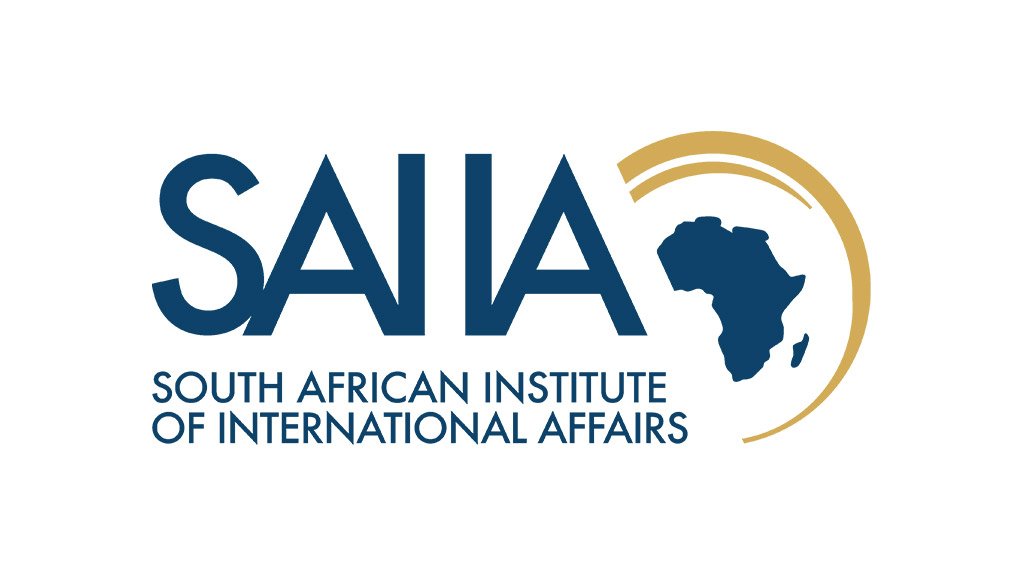South Africa believes, like India and other emerging economies, that the G20’s focus should be global economic governance, not politics or peace and security.
The G20 was indeed effective at the time. More recently, however, the G20 has battled to stay above the escalating geopolitical tensions, not only between the West and Russia and China, but also between India and China.
This year India has put development at the centre of its G20 presidency, insisting that the Ukraine war should not sideline the imperative of dealing with the world’s significant challenges in this area – from sovereign debt and development financing to the climate crisis and the digital divide. With four consecutive developing country presidencies, starting with Indonesia in 2022 and ending with South Africa in 2025, the G20 can potentially build up momentum on pressing development issues that can then also be advanced at the formal multilateral institutions, such as the World Bank and the International Monetary Fund (IMF) or processes such as the climate COPs, the annual global climate summit convened by the United Nations (UN).
South Africa (SA) has been a champion of development issues, specifically African ones, at the G20. As the only African G20 country, it has sought to put the continent’s concerns on the agenda, or highlight where policy initiatives that are intended to address a developed economy problem may impact negatively on developing countries.
Strengthening multilateralism is an important element of South Africa’s foreign policy. As such, it sees the G20, not as a replacement to the formal institutions of global governance (such as the UN), but rather as an important vehicle for building consensus among important powers to overcome hurdles in the formal structures. Furthermore, South Africa believes, like India and other emerging economies, that the G20’s focus should be global economic governance, not politics or peace and security.
Equally, in line with the position of other emerging economies in the G20, South Africa is a vocal proponent of the urgency to reform the global governance system. The push for more rapid and fundamental reforms, especially to the global financial architecture, has accelerated in recent times. However, it is important that the debate moves beyond platitudes to concrete outcomes. Much of the power to drive such reform lies with the G7 members in the G20. At the recent Paris financing summit, SA President Ramaphosa forcefully reminded the West about the ‘negative’ experiences meted out by the West to African countries. He referred specifically to access to vaccines during the pandemic, but also spoke about the need for these countries to scale up their financial contributions and to change the modalities of finance for climate adaptation and mitigation.
In the G20 South Africa has also advocated the need for international action to curb illicit financial flows – some of the world’s major enablers are in the G20 – fairer international taxation and tackling sovereign debt in a manner that doesn’t undermine the ability of developing states to achieve sustainable development. In addition, ensuring that any energy transition is just so that social inequalities are not deepened is a concern that will become even more prominent in the South African narrative both in the G20 and elsewhere.
South Africa will succeed Brazil as G20 chair in 2025. None of these issues will have disappeared from the global agenda. Addressing them, however, requires sincere cooperation across the multiple divides that are emerging and of which the G20 is a microcosm. The challenge that both Brazil and South Africa will face is preserving the G20 space as one where genuine dialogue and progress on outcomes can occur in the interests of achieving sustainable development. Failing to do so will only exacerbate both socio-economic and political conflict worldwide.
Research by Elizabeth Sidiropoulos, South African Institute of International Affairs
This article was first published in the Foreign Policy Centre
EMAIL THIS ARTICLE SAVE THIS ARTICLE ARTICLE ENQUIRY
To subscribe email subscriptions@creamermedia.co.za or click here
To advertise email advertising@creamermedia.co.za or click here











